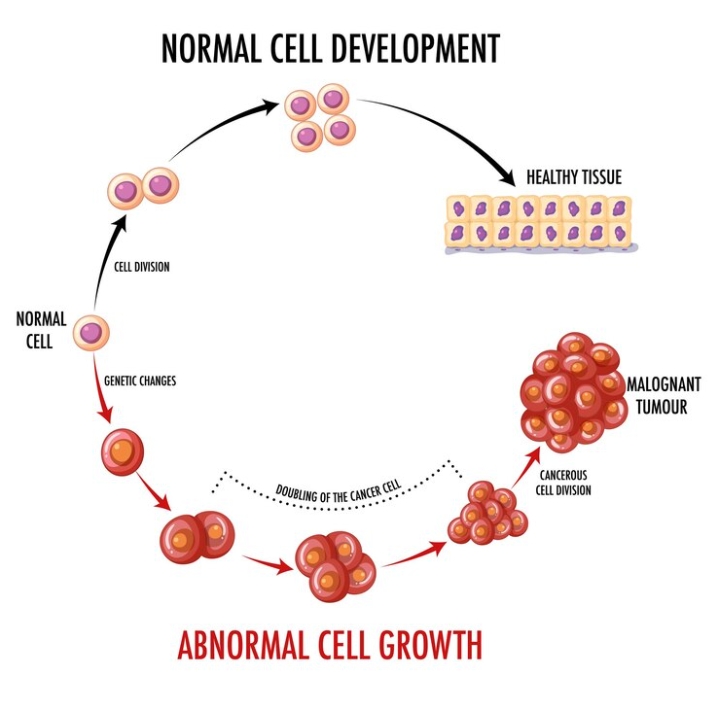What if umbilical cord blood stem cell banking** mandatory in developing countries, such as Bharat .
The idea of making **umbilical cord blood stem cell banking** mandatory in developing countries, such as India (Bharat), has significant potential for improving healthcare outcomes. Let's break down why this could be beneficial from both a **pharmacoeconomic** (cost-effectiveness in medicine) and **natural medicine** perspective.
### 1. **Pharmacoeconomics & Cost-Effectiveness**
Umbilical cord blood stem cells have remarkable potential for treating a wide range of conditions, from genetic disorders to cancer and autoimmune diseases. In developing countries, where healthcare resources are often limited, this becomes especially important:
* **Cost-Efficiency in Treatment:**
Stem cell therapies can be expensive, especially when derived from other sources (like bone marrow or peripheral blood). Cord blood stem cells are easier to harvest, store, and use, which makes them relatively more cost-effective for treatments, including **leukemia**, **lymphoma**, and **genetic diseases**.
* **Long-Term Savings:**
By banking cord blood, hospitals and healthcare systems can create a sustainable, low-cost reservoir of stem cells. If stem cell banking were mandated, it could significantly reduce the need for international procurement or costly donor matching, which are often more expensive in emergencies.
* **Reduction in Need for Chronic Treatments:**
Cord blood stem cells can be used for treatments that might otherwise require lifelong management (e.g., autoimmune diseases). This would reduce the long-term healthcare burden and treatment costs, especially in a country where public health systems are under strain.
### 2. **Natural Medicine and Healing Potential**
* **Access to Regenerative Medicine:**
Stem cells from umbilical cord blood are naturally regenerative, capable of replenishing and repairing damaged tissues. This aligns with the growing interest in **natural, non-invasive treatments** that align with traditional forms of medicine. Given India’s deep-rooted history in Ayurvedic medicine and alternative healing practices, the integration of stem cell-based treatments could be seen as a “modern” extension of these traditions. They offer a **natural healing mechanism** that the body can accept without the complications of rejection or immune suppression that sometimes accompany other treatments.
* **Reduced Need for Chemical-based Drugs:**
Stem cell therapies have the potential to replace or reduce the need for chemically-based medications that can come with side effects, especially for chronic diseases. This could fit well with natural medicine paradigms, which emphasize balance and healing from within. Banking umbilical cord blood would make these regenerative therapies more accessible.
### 3. **Ethical and Social Impact**
* **No Ethical Concerns:**
Unlike stem cells from embryos, **cord blood stem cells** do not raise the same ethical concerns, as the stem cells are harvested after birth and are typically discarded otherwise. This makes them an ethical and widely acceptable option, especially in countries where the use of embryonic stem cells might face opposition.
* **Equity in Access to Advanced Healthcare:**
For many people in developing countries, access to cutting-edge treatments, like stem cell therapy, is limited. If cord blood banking becomes a standard practice, it can potentially provide **equitable access** to high-quality treatments, even for people in rural areas who would otherwise not be able to afford costly medical interventions.
### 4. **Building National Stem Cell Banks**
* **Developing a National Repository:**
Establishing a large-scale **national stem cell bank** would help provide ready access to life-saving treatments for a wide range of diseases. A national repository could significantly reduce the need for costly international stem cell matching and allow for more efficient, localized treatments.
* **Public Awareness and Healthcare Education:**
Mandating umbilical cord blood banking could also bring about public awareness campaigns on the benefits of cord blood and stem cell banking. This can empower families, especially in rural or underserved areas, to make informed decisions and encourage participation in these life-saving initiatives.
### 5. **Scientific & Medical Advancements**
* **Medical Research and Development:**
Umbilical cord blood stem cells can be crucial in **scientific research** to better understand diseases and treatments. A large, diverse sample of cord blood could support the development of new therapies and treatments, which would ultimately improve healthcare across the entire country.
### 6. **The Practical Case for Bharat (India)**
* **Population and Diversity:** India, with its **vast and diverse population**, offers a unique opportunity for personalized stem cell medicine. Having a wide genetic pool will improve the potential for creating a **universal stem cell bank**, where donated cord blood could match the needs of a variety of ethnic and genetic groups.
* **Improved Infant and Maternal Health Care:**
By integrating cord blood banking into the healthcare system, hospitals can simultaneously improve maternal and neonatal healthcare by ensuring that hospitals are better equipped to handle both delivery and stem cell collection.
### Conclusion
In a developing country like Bharat (India), **making umbilical cord blood stem cell banking mandatory** could offer significant advantages in both **healthcare equity** and **cost-effective, regenerative medicine**. It can reduce long-term treatment costs, open new avenues for **personalized medicine**, and potentially reduce the reliance on more invasive or expensive medical interventions. It aligns well with the country’s growing interest in **natural healing** and could foster future innovations in **healthcare access** and **public health policy**.
Disease treatable with Stemcells Therapy and transplants.
https://bmtinfonet.org/transplant-article/diseases-treated-transplant
https://doi.org/10.1016/S0268-960X(03)00064-X
